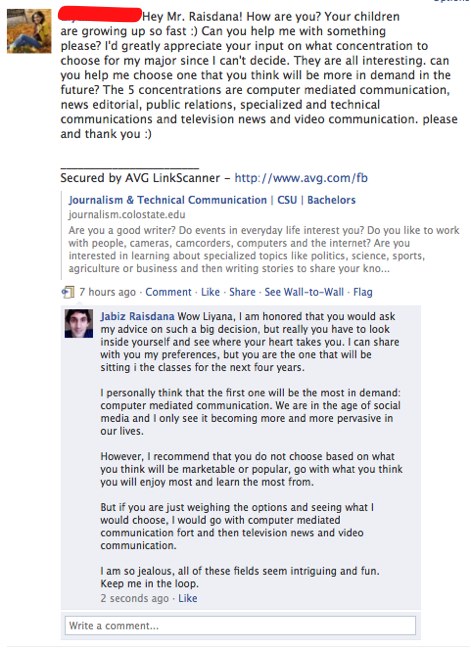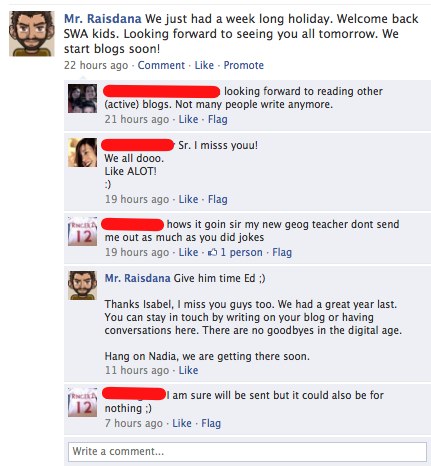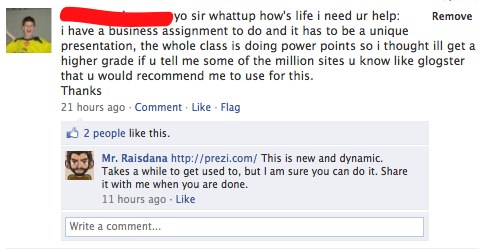I remeber being nervous and stingy and naive when I first joined Flickr nearly five years ago on February 3rd 2007. I knew little about networks or online sharing or photography or copy right or Creative Commons, or much of anything. I was, believe it or not, more self-obsessed than I am even now, and I felt that my ideas and my work and my photos were more valuable than they were. I had at the time sold a few photos at some coffee shop, and I remeber thinking, if I post them online then anyone can take them and do whatever they want with them. I contemplated watermarks and other such silly things.
I am not sure what changed my thinking, but the shift was simple: I understood that the photos, like much of my work would be more valuable, would reach a wider audience, would have a richer life if they did not belong to me, and were set free–so to speak–to roam the Internet. Perhaps, through osmosis or early contact I began to understand and appreciate the concept of the commons.
I don’t think my work is anything special. I do not want to own it. I am not interested in commercial gains from what I share online. I have a salary. I am a teacher. Everything else is who I am online. I share my work, because it brings me in contact with amazing human beings and ideas. So since that day in 2007, I have posted nearly 2000 photos on Flickr. I have since learned about Creative Commons and licensing. It’s pretty straight forward:
You are free:
to Share — to copy, distribute and transmit the work
to Remix — to adapt the workUnder the following conditions:
Attribution — You must attribute the work in the manner specified by the author or licensor
Noncommercial — You may not use this work for commercial purposes.
Share Alike — If you alter, transform, or build upon this work, you may distribute the resulting work only under the same or similar license to this one.
In short, it’s yours. Use it, do what you like with it, just don’t make money off of it, and please let people know where it came from. As simple as that sounds, Facebook and Instagram’s new terms of service are quite different. Sounds more like this:
We will use what we want, in order to make money for our selves and we won’t tell anyone where the images come from especially now you.
I have had a love/hate relationship (haven’t we all) for years now. I have written at length about the many times I have deleted my account. If reading pages and pages of ripes and excuses about Facebook is not your thing, here it is in short form:
I don’t like how sneaky Facebook is about the content I produce or what they might do with it. I don’t trust them. Who cares? You might be asking. Didn’t I just say that I am no longer attached to my work? The issue here is not the content per se, but the comodification of our communities, of our lives, of our experiences beyond our control.
I thought I had solved my Facebook problem. I decided to simply post updates to stay in touch with friends and family and never post any content. This was great especially when a young start-up names Instagram came to the neighborhood. Sure she was vague about ownership and licensing too, but she was sleek and sexy and look at all those filters! I could post my pics on Instagram and cross post to Facebook, without FB getting their hands on my content. Or so it seemed.
What was even better was the dynamic and organic community that was forming around photos on Instagram. It was perfect. I loved it. Until Facebook bought up my “favorite place online.” Like most people, I knew they would ruin it, and it was only a matter of time. There are already countless articles about What Instagram’s New Terms of Service Mean for You and Facebook’s Extensive Network of Worldwide Affiliates, but here is the heart of the matter:
You agree that a business or other entity may pay us to display your username, likeness, photos (along with any associated metadata), and/or actions you take, in connection with paid or sponsored content or promotions, without any compensation to you.
or
We will use what we want, in order to make money for our selves and we won’t tell anyone where the images come from especially now you.
Now that doesn’t sound very nice. That doesn’t sound at all like the things I was saying at the top of this post. So… I am deleting my Instagram account, not because I am afraid the pictures I take of clouds and my dinner will end up in some commercial, but because I just don’t like how Facebook does business. I don’t want people doing business with what I love, with what I create and share openly. I invest a lot of time and energy and love into these communities. They are valuable to me and I hope to others, but it is clear that our communities are also valuable to companies like Facebook. They want to know where we eat, what we do, what we like etc… I for one am choosing not to give it to them for free.
The Internet and the communities we build on? In? Through it, belong to us, and we should be able to choose how and where they are shared and on what terms. For me, at this time Flickr and Creative Commons are the best choice. They have both been around, relatively unchanged for a while. I like that I pay for Flickr. When services are “free” they are most likely bleeding you dry from some place you might not see. I will pay my yearly $24.95 and I will use the beautiful new Flickr App to try and rebuild my community where I started.
As a tool it is not perfect. It is a bit slow and not as comfortable as Instgram, but isn’t change why we are all in this game? To be adaptable and fluid?
I know that it is scary to leave a community you have built and in which you feel comfortable. That is what Facebook is banking on. That you won’t leave, but if a community is valuable and truly connected, it should be connected beyond a single app or tool. Thee more time I spend online, the more I see that we cannot, should not invest too many of our eggs in single baskets. Especially the one basket that seems to be buying all the other baskets.
I know I will miss certain people and events and expereinces being away from Instagram, but hopefully the people I care about will find me and who knows I may meet someone new. What are you waiting for? Are you leaving too? Do you have similar reasons? Better ones? Are you staying? Am I over reacting? Let’s turn the comments into a dynamic conversation about community, content and commodity.




